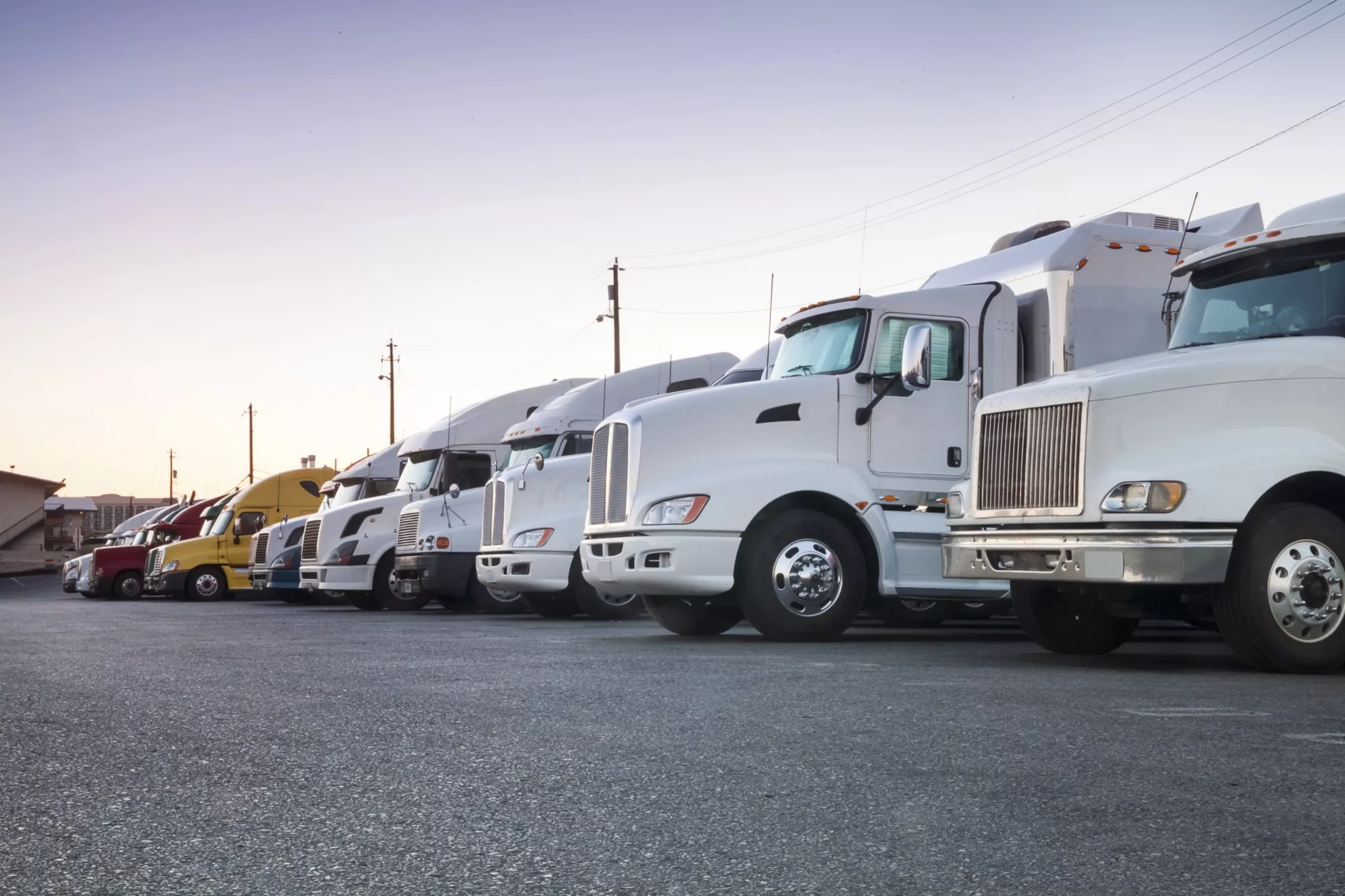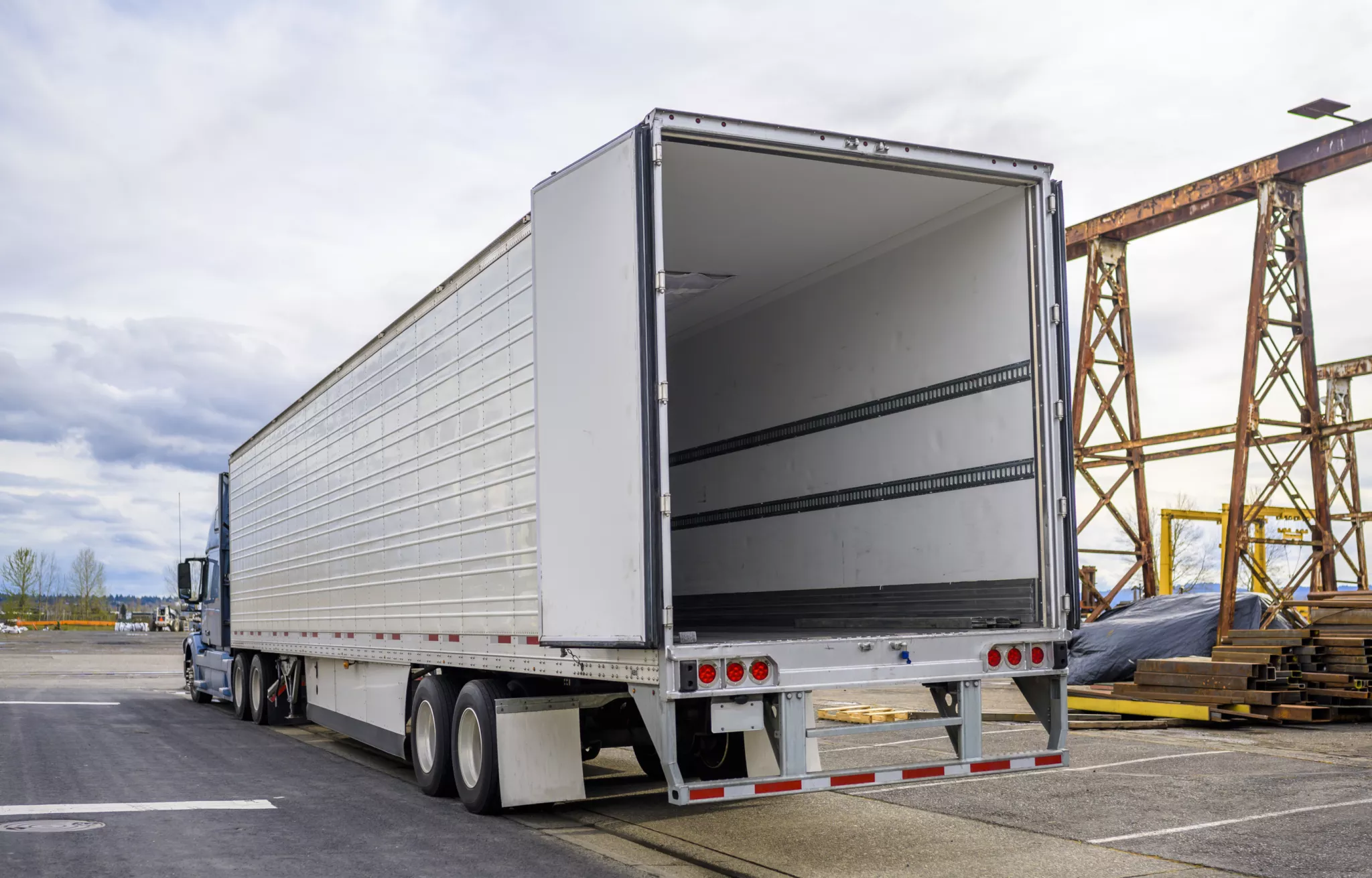Table of Content
Truck drivers incur significant expenses while on the road, covering everything from fuel to meals. During tax season, truck drivers have the opportunity to leverage tax deductions to recoup some of these costs. To maximize tax benefits for truck drivers it’s essential to be aware of various tax write offs and deductions available.
Eligibility for truck driver tax deductions varies based on employment status. Employees receiving a W-2 from a trucking company cannot deduct job-related expenses. However, for self-employed drivers, especially owner/operators, there are numerous tax write-offs and deductions that can be considered.
Truck drivers can benefit from a comprehensive tax deduction list, including expenses such as fuel costs, maintenance, insurance of the vehicle. Keeping meticulous records of these expenses is crucial for claiming the truck driver expenses for taxes.
To ensure a smooth tax season, self-employed truck drivers should use a 1099-NEC and maintain detailed records of income and expenditures. This information is necessary for filing Schedule C and Schedule SE alongside their Form 1040 tax return. By staying informed about tax benefits for truck drivers and understanding the truck driver tax deduction list, individuals can make the most of available deductions and reduce their overall tax liability.

Common truck driver tax deductions
- Association Dues: Deduct fees required for union or trucking association membership if essential for business.
- Cell Phone/Computer: 100% deductible if used exclusively for work; partial deduction if used for both business and personal purposes.
- Clothing: Deductible for specialized work-related clothing and safety gear, not for everyday wear.
- Education: Deduct training expenses for obtaining or maintaining a CDL license or other required certifications.
- Tools and Equipment: Deductible expenses for necessary tools and equipment, such as chains, tarps, and ratchet straps.
- Insurance: Deduct premiums for commercial auto liability, property damage, cargo, and health, dental, and vision insurance.
- Meals: Deductible for overnight stays away from the tax home, with options for actual expenses or per diem allowance.
- Travel Costs: Deductible expenses include accommodations, tolls, and parking during overnight stays away from the tax home.
- Medical Exams: Deduct out-of-pocket costs for required medical exams related to the job.
- Office Expenses: Deduct traditional office expenses like postage, paper, calculators, and accounting software.
- Personal Products: Deduct smaller purchases such as coolers, flashlights, GPS devices, and bedding.
- Subscriptions: Deduct the full cost of subscriptions to trucking-related publications.
- Taxes and Licenses: Deduct business-related taxes and license fees, including Heavy Highway Vehicle Use Tax.
- Vehicle Expenses: Deduct all actual expenses for operating a semi truck, including depreciation, fuel, insurance, and maintenance.
Expenses that aren’t deductible include everyday wear clothing, commuting costs between home and business headquarters, home phone line expenses, reimbursed expenses, and personal trip-related expenses. Truck drivers, however, often wonder about specific deductions related to their profession. To address this, it’s essential to explore the truck driver meal deduction, understand what truck drivers can deduct on taxes, and be aware of IRS deductions for truck drivers.
Ultimately, the key to deductible expenses lies in their necessity for business and maintaining proper records. Rigorous record-keeping, including receipts and documentation, is crucial for successfully claiming deductions on the tax return.
How Logity Dispatch Can Help You?
In conclusion, Logity Dispatch emerges as a vital ally for truck drivers seeking to navigate the complexities of tax season and maximize their financial benefits. This includes simplifying tax preparation for truck drivers, ensuring a stress-free experience when compiling essential information for tax return for truck drivers.
Embrace the efficiency of Logity Dispatch to take control of your tax season, including maximizing the meal deduction for truck drivers, and secure the full spectrum of benefits available to you as a professional truck driver.







